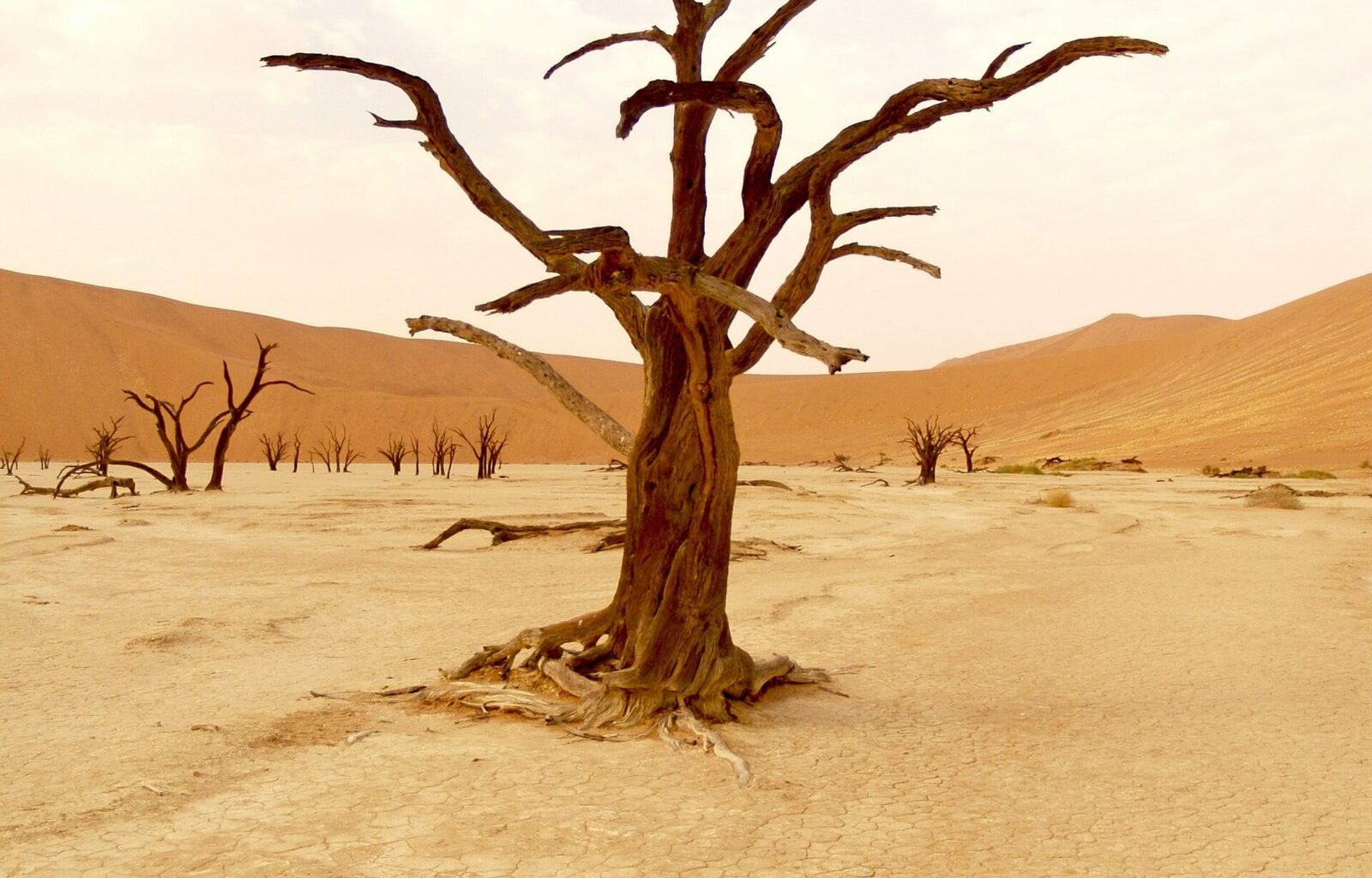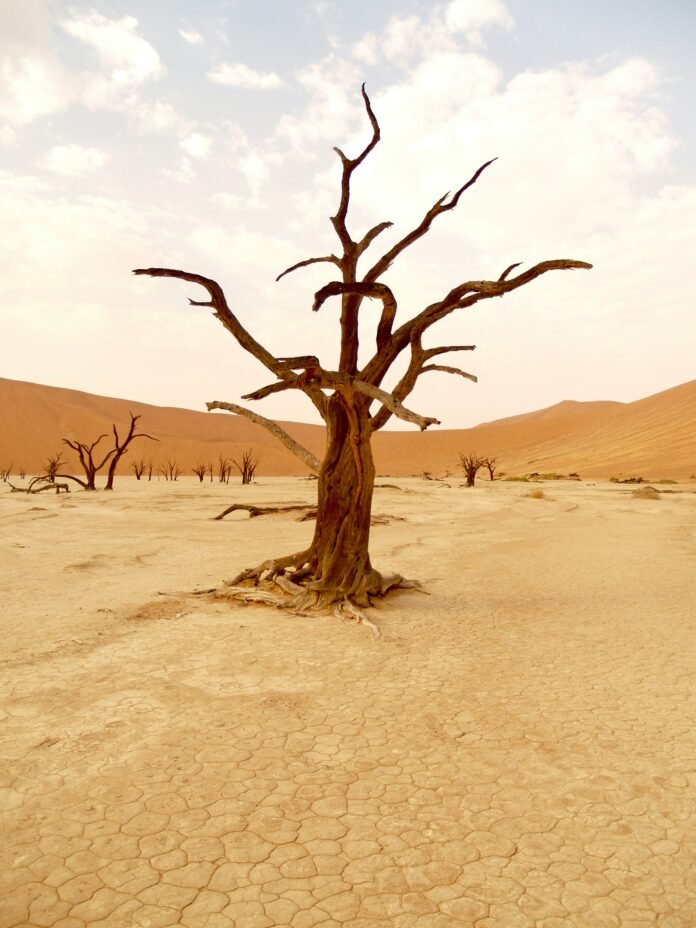A recent report prepared the United States National Drought Mitigation Center for the United Nations Convention to Combat Desertification warned that Turkey would face a serious drought by 2030 and urged the government to take immediate action to mitigate potential risks to water resources.
According to the report, titled, “Drought Hotspots Around the World 2023-2025,” Turkey was classified as a country experiencing water problems by the Organization for Economic Cooperation and Development (OECD) in 2019. By 2030 the country faces the risk of being reclassified as “water-poor,” meaning 80 percent of the population and agricultural areas will face the risk of drought within five years.
The report emphasized Turkey’s vulnerability to desertification, with 88 percent of the country facing this risk, particularly critical given that 75 percent of Turkey’s water resources are used in agriculture.
The broader Mediterranean region, where Turkey is located, is expected to see average temperatures rise by 2-3 degrees by 2050. Every 2-degree temperature increase means that water access in the region could decrease by up to 15 percent.
The report described drought as a “silent killer” that “slowly enters our lives, consumes resources and destroys lives,” and said that drought exacerbates problems such as poverty and ecosystem collapse. It recommended that the Turkish government take various measures, including stronger early warning systems, to prepare for this “new normal” and emphasized the necessity of systematic monitoring of how drought affects lives, livelihoods and ecosystem health.
Turkey’s drought vulnerability is reflected in its broader climate performance. The country was ranked 53rd among 63 countries in the 2025 Climate Change Performance Index (CCPI), placing it among the lowest-ranked nations. According to the index, Turkey received a medium rating in Renewable Energy, low ratings in GHG Emissions and Energy Use, and very low in Climate Policy.
The country ranks poorly in the CCPI due to inadequate climate policies and lack of consideration of renewable energy projects’ effects on local populations. CCPI national experts assessed that Turkey’s climate policies are inconsistent and that no short-term targets are set.
The ruling Justice and Development Party (AKP) introduced a new climate bill in March; however, the bill has been criticized by environmental activists for commercializing environmental impact rather than preventing it. Critics argue that the proposal — drafted jointly with the World Bank, foreign and domestic consultancy firms and Turkey’s environment ministry — excluded environmental groups and the public while prioritizing corporate interests over environmental and social justice.
Environmental activists say the AKP-backed bill treats air, land and water as commodities, benefiting large corporations rather than addressing the urgent climate crisis.

